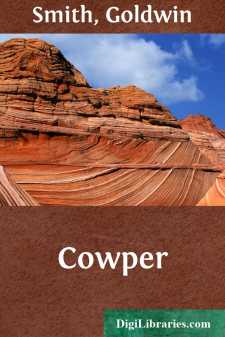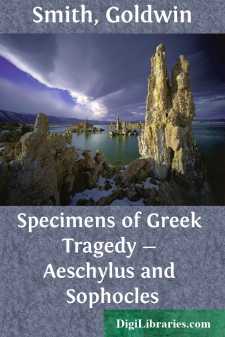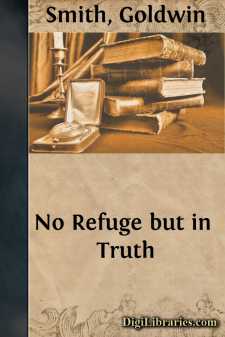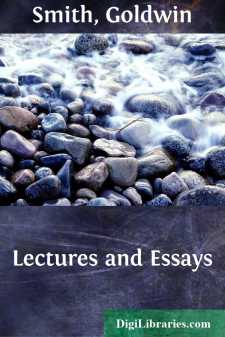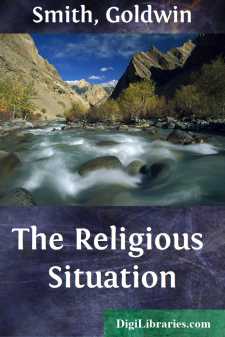Categories
- Antiques & Collectibles 13
- Architecture 36
- Art 48
- Bibles 22
- Biography & Autobiography 813
- Body, Mind & Spirit 142
- Business & Economics 28
- Children's Books 14
- Children's Fiction 11
- Computers 4
- Cooking 94
- Crafts & Hobbies 4
- Drama 346
- Education 46
- Family & Relationships 57
- Fiction 11829
- Games 19
- Gardening 17
- Health & Fitness 34
- History 1377
- House & Home 1
- Humor 147
- Juvenile Fiction 1873
- Juvenile Nonfiction 202
- Language Arts & Disciplines 88
- Law 16
- Literary Collections 686
- Literary Criticism 179
- Mathematics 13
- Medical 41
- Music 40
- Nature 179
- Non-Classifiable 1768
- Performing Arts 7
- Periodicals 1453
- Philosophy 64
- Photography 2
- Poetry 896
- Political Science 203
- Psychology 42
- Reference 154
- Religion 513
- Science 126
- Self-Help 84
- Social Science 81
- Sports & Recreation 34
- Study Aids 3
- Technology & Engineering 59
- Transportation 23
- Travel 463
- True Crime 29
Cowper
by: Goldwin Smith
Description:
Excerpt
CHAPTER I.
EARLY LIFE.
Cowper is the most important English poet of the period between Pope and the illustrious group headed by Wordsworth, Byron, and Shelley, which arose out of the intellectual ferment of the European Revolution. As a reformer of poetry, who called it back from conventionality to nature, and at the same time as the teacher of a new school of sentiment which acted as a solvent upon the existing moral and social system, he may perhaps himself be numbered among the precursors of the revolution, though he was certainly the mildest of them all. As a sentimentalist he presents a faint analogy to Rousseau, whom in natural temperament he somewhat resembled. He was also the great poet of the religious revival which marked the latter part of the eighteenth century in England, and which was called Evangelicism within the establishment and Methodism without. In this way he is associated with Wesley and Whitefield, as well as with the philanthropists of the movement, such as Wilberforce, Thornton, and Clarkson. As a poet he touches, on different sides of his character, Goldsmith, Crabbe, and Burns. With Goldsmith and Crabbe he shares the honour of improving English taste in the sense of truthfulness and simplicity. To Burns he felt his affinity, across a gulf of social circumstance, and in spite of a dialect not yet made fashionable by Scott. Besides his poetry, he holds a high, perhaps the highest place, among English letter writers: and the collection of his letters appended to Southey's biography forms, with the biographical portions of his poetry, the materials for a sketch of his life. Southey's biography itself is very helpful, though too prolix and too much filled out with dissertations for common readers. Had its author only done for Cowper what he did for Nelson! [Our acknowledgments are also due to Mr. Benham, the writer of the Memoir prefixed to the Globe Edition of Cowper.]
William Cowper came of the Whig nobility of the robe. His great-uncle, after whom he was named, was the Whig Lord Chancellor of Anne and George I. His grandfather was that Spencer Cowper, judge of the Common Pleas, for love of whom the pretty Quakeress drowned herself, and who, by the rancour of party, was indicted for her murder. His father, the Rev. John Cowper, D.D., was chaplain to George II. His mother was a Donne, of the race of the poet, and descended by several lines from Henry III. A Whig and a gentleman he was by birth, a Whig and a gentleman he remained to the end. He was born on the 15th November (old style), 1731, in his father's rectory of Berkhampstead. From nature he received, with a large measure of the gifts of genius, a still larger measure of its painful sensibilities. In his portrait; by Romney the brow bespeaks intellect, the features feeling and refinement, the eye madness. The stronger parts of character, the combative and propelling forces he evidently lacked from the beginning. For the battle of life he was totally unfit. His judgment in its healthy state was, even on practical questions, sound enough, as his letters abundantly prove; but his sensibility not only rendered him incapable of wrestling with a rough world, but kept him always on the verge of madness, and frequently plunged him into it....


